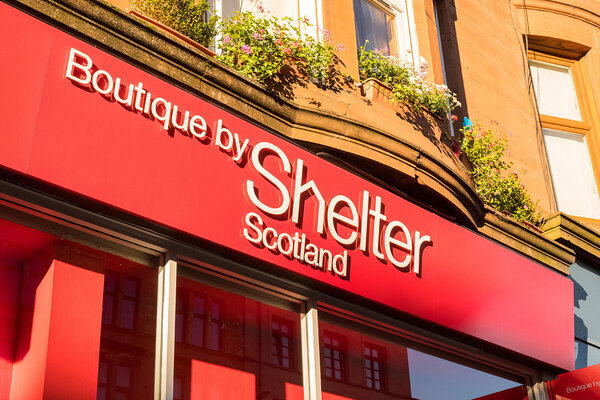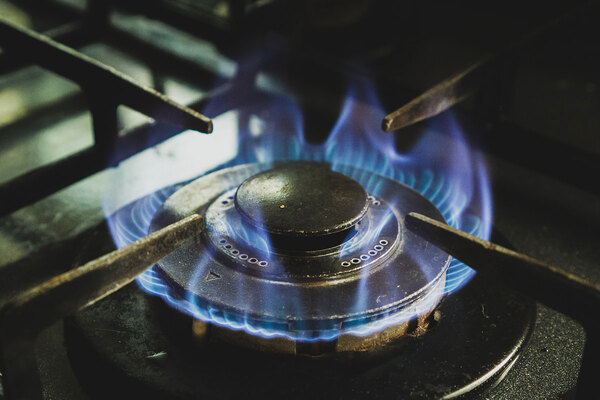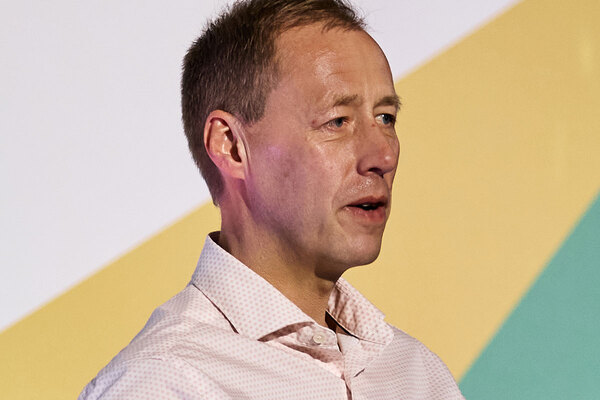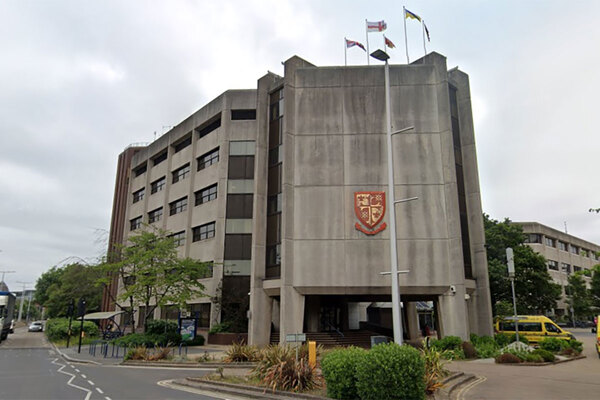Fuel poverty on rise in Scotland despite improved housing quality
Fuel poverty is on the rise in Scotland despite homes becoming more energy efficient, according to official data.

The latest figures from the Scottish Housing Condition Survey 2023 showed a steady rise in fuel poverty in Scotland, which experts attributed to surging energy bills.
A total of 3,151 homes were surveyed, which included an interview with residents and a physical inspection. The results were then projected across Scotland.
In 2023, the survey found, an estimated 861,000 Scottish households (34%) were in fuel poverty. This is up 3% from the 2022 fuel poverty rate of 31% (around 780,000 households).
Of these, 491,000 – 19.4% of total households – were living in extreme fuel poverty. This is a smaller rise of 0.9% from the 2022 figure.
Matt Cole, chair of the Scottish government’s fuel poverty advisory panel, said the results of the survey were “extremely disappointing”.
“This rise in the fuel poverty rates is disappointing but not unexpected. Since the completion of the survey energy prices have increased and financial support to households for energy costs has reduced. Energy bills, the main driver of fuel poverty, remain around 29% higher than their winter 2021-22 levels.”
Mr Cole continued: “We recognise that the challenge of tackling fuel poverty has been getting harder, and we are working with Scottish ministers and with those who can drive the change needed, from the UK government to Ofgem, advice agencies, the energy sector and those with lived experience.”
In more positive news, the number of Scottish homes rated at Energy Performance Certificate (EPC) Band C under Standard Assessment Procedure (SAP) 2012 stood at 56% in 2023, up 3% from 2022 (52%).
Under SAP 2009, which allows comparisons over a longer period, over half of homes (61%) were rated C or better, up 37% since 2010.
In the same period, the proportion of properties in the lowest EPC bands (E, F or G) fell from 27% in 2010 to 8% in 2023.
However, 27% of all homes failed the tolerable standard for disrepair. This is a slight fall compared with 29% in 2022. The most common reason for failure of the tolerable standard was under the satisfactory equipment for detecting and warning in the event of fire criteria, which 562,000 homes failed.
The Scottish Housing Quality Standard (SHQS) failure rate in the social sector was 38%. This has fallen from 60% in 2010. Failures of the energy-efficient criteria were the biggest drivers of failures overall for the social sector. In 2023, 26% of social sector properties did not meet this standard.
Disrepair to critical elements, which are central to weather-tightness, structural stability and preventing deterioration of the property, stood at 45% in 2023. Less than half of these (16% of all dwellings) required urgent disrepair to critical elements and just 2% had extensive disrepair (covering at least a fifth of the element area) to critical elements.
Overall, this is an improvement of 3% compared with 2022, when 49% of dwellings had disrepair to critical elements. The 2023 rate is the lowest since 2012.
Scottish housing minister Paul McLennan called for the UK government to bring in a social tariff mechanism for energy bills.
He said: “We continue to support vulnerable households within our limited devolved powers, including through our energy-efficiency delivery programmes – Warmer Homes Scotland and area-based schemes.
“We recently announced additional funding of £41m to help tackle fuel poverty, including £20m through the Scottish Welfare Fund and an increase of £20m to the Warmer Homes Scotland scheme. This will help around 1,500 additional households to save an average of £400 per year each on their heating bills.
“However, the levers to make a real difference remain with the UK government. We continue to urge the UK government to introduce a social tariff mechanism, which is the best way to ensure that energy consumers are protected against high costs and can afford all of their energy needs.
“We take the safety of tenants very seriously and are committed to tackling disrepair in housing, and ensuring good maintenance is given a high priority. We are working with local authorities and other housing providers to ensure people live in warm, dry and safe homes.”
Sign up for our Scotland newsletter
Already have an account? Click here to manage your newsletters










